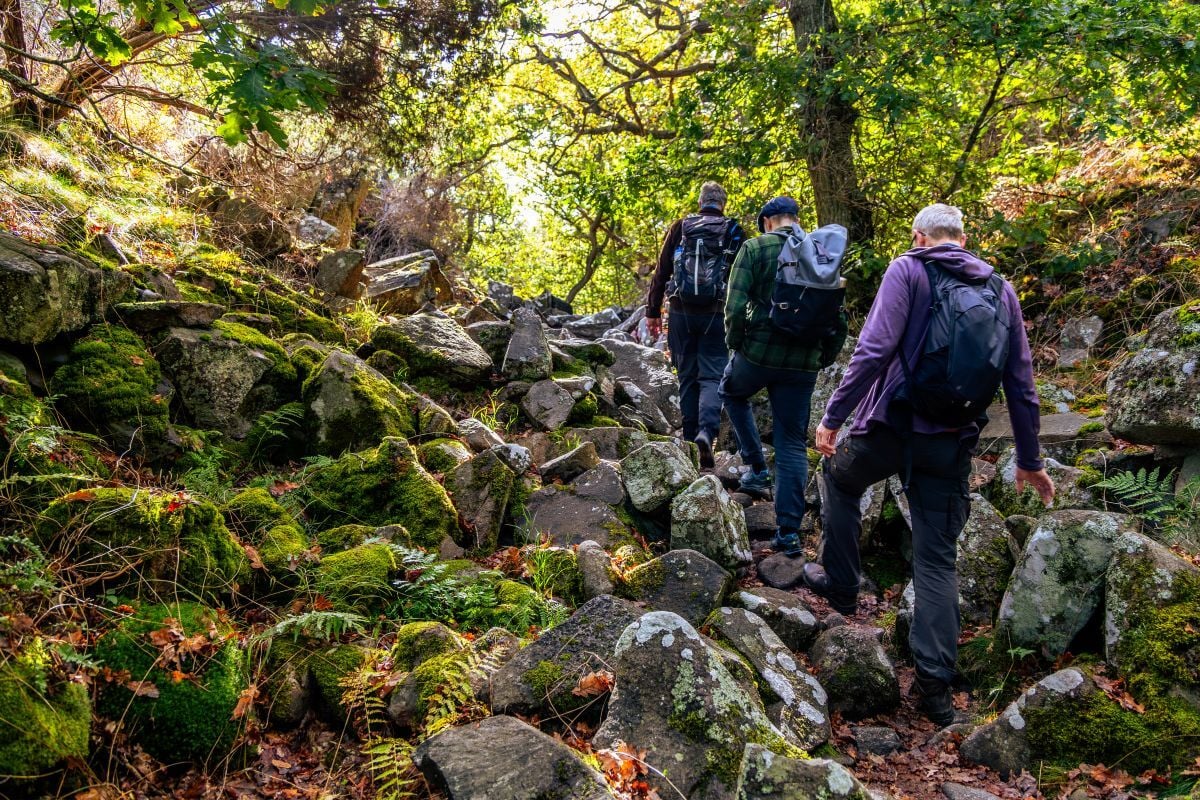Pennsylvania’s New Recovery Parks Initiative - Recovery in Nature
Recovery from addiction doesn’t only happen in treatment centers or support groups. In Pennsylvania, it now also happens in the woods, along rivers, and on hiking trails. This summer, the state launched Recovery in Nature, a program creating healing spaces in nine state parks to support people on their journey to sobriety.

A State-Supported Initiative
The initiative, backed by Governor Josh Shapiro’s administration and the Department of Drug and Alcohol Programs (DDAP), blends the restorative power of nature with recovery support. The message is clear: recovery belongs everywhere, not just in clinics. By offering mindfulness walks, outdoor meetings, and safe spaces for reflection, the program opens new doors to healing.
Why Nature Supports Sobriety
Research shows that time outdoors reduces stress, lowers anxiety, and boosts mood. For those in recovery, these benefits can ease cravings and improve emotional balance. A walk under the trees or a quiet moment by a lake can remind someone of life without substances. Studies suggest regular time outside may even lower relapse risk (NCBI research on nature and mental health).
Fighting Stigma in the Open
The program also challenges stigma. Too often, addiction is treated as something hidden. By holding recovery activities in public parks, Pennsylvania makes healing visible and normal. Families are invited, peer groups gather, and communities connect in open spaces, showing recovery is nothing to be ashamed of.
Building Connection
Recovery in nature fosters connection. Addiction is often called a disease of isolation, but these gatherings encourage people to reconnect — with themselves, with others, and with the world around them. Volunteers, park staff, and recovery advocates all help make parks into welcoming places of support. For someone struggling to stay sober, that sense of belonging can be as healing as the fresh air.
Beyond Sobriety: Rediscovering Joy
Funded partly by opioid settlement dollars, the initiative complements medical care and counseling by addressing broader wellness. Recovery is about more than avoiding substances — it’s about rediscovering joy and purpose. For many, enjoying simple experiences like hiking or sitting under the trees is part of rebuilding a healthy life.

A Sobering Context
Challenges remain. In 2022, more than 5,000 Pennsylvanians died from overdoses, most involving opioids (CDC overdose data). Advocates stress that outdoor programs can’t solve the crisis alone, but they can be a meaningful piece of the solution. For someone leaving treatment, a supportive park program can help bridge the gap between clinical care and long-term recovery.
Reimagining Healing
What makes Recovery in Nature stand out is its reimagining of healing. Instead of defining recovery only as a battle against relapse, it frames it as a chance to live fully. Fresh air, laughter, and companionship become part of the treatment plan. That shift — from surviving to living — can be transformative.
Inspiring Other States
The hope is that other states will follow. With opioid settlement money available nationwide, Pennsylvania’s example may inspire similar programs. Parks and trails already exist everywhere — this initiative simply reimagines them as tools for recovery.
Living with Hope
For participants, the impact is immediate. They don’t just leave with another sober day; they leave with memories of connection, peace, and hope.
In Pennsylvania, recovery now belongs in the heart of its state parks.
If you or a loved one is struggling with addiction, reach out to Avenues Recovery Center. With multiple beautiful addiction treatment centers across the United States, recovery has never been closer to home.
You can find your way home today!

